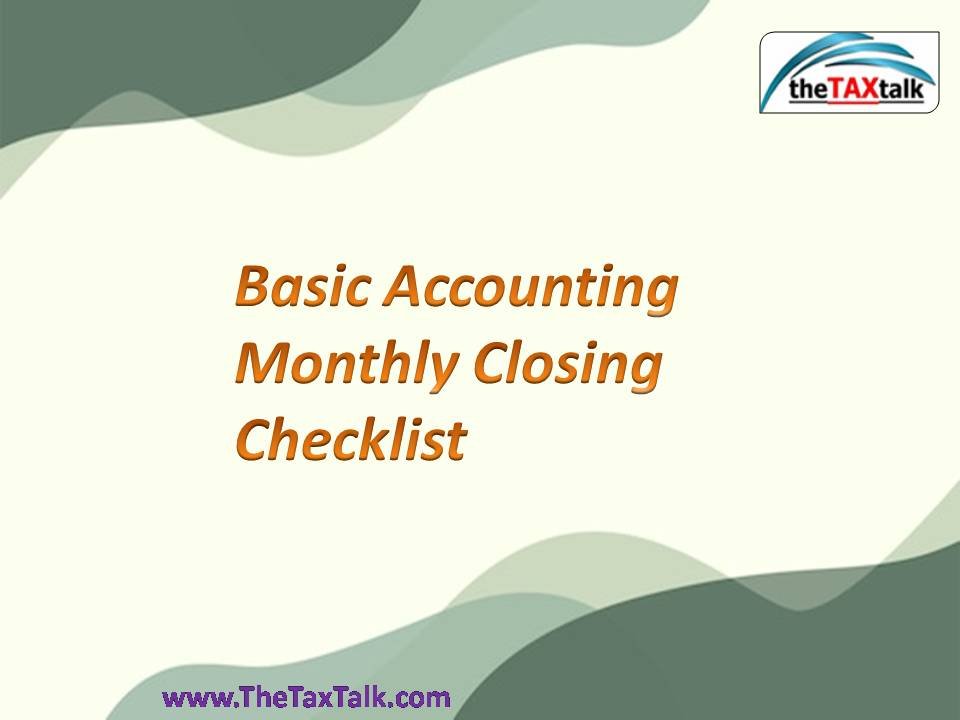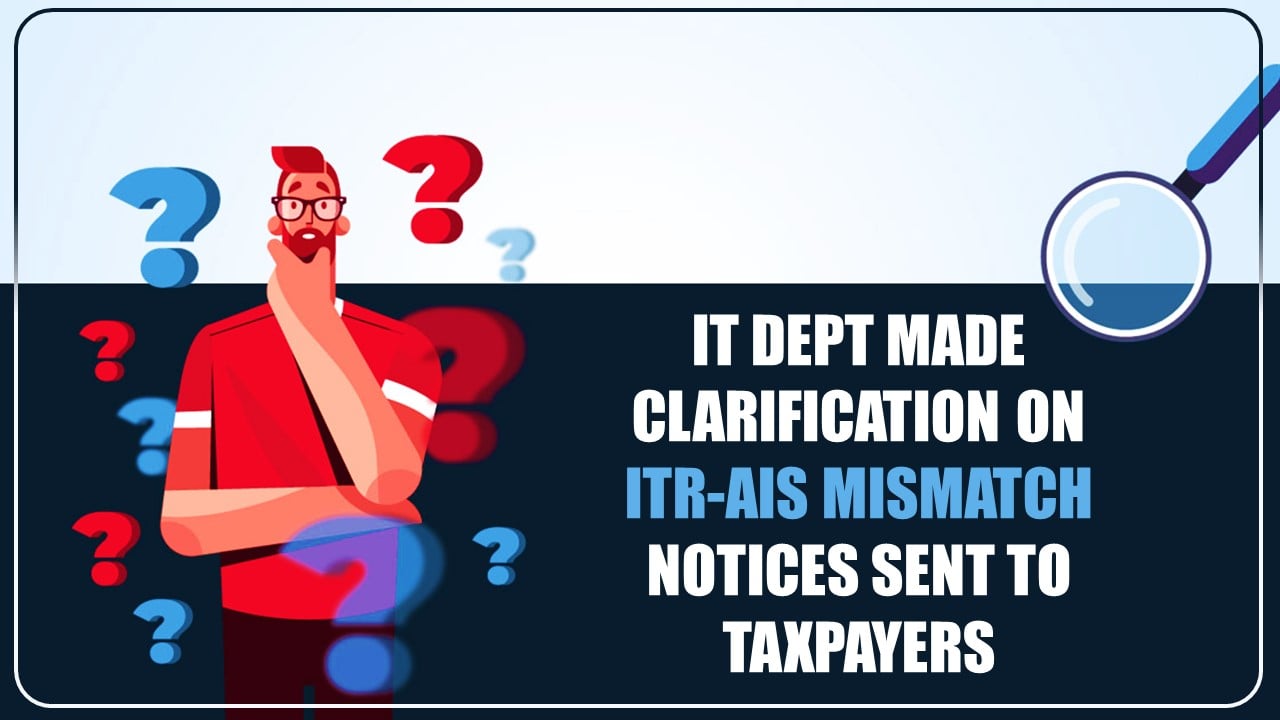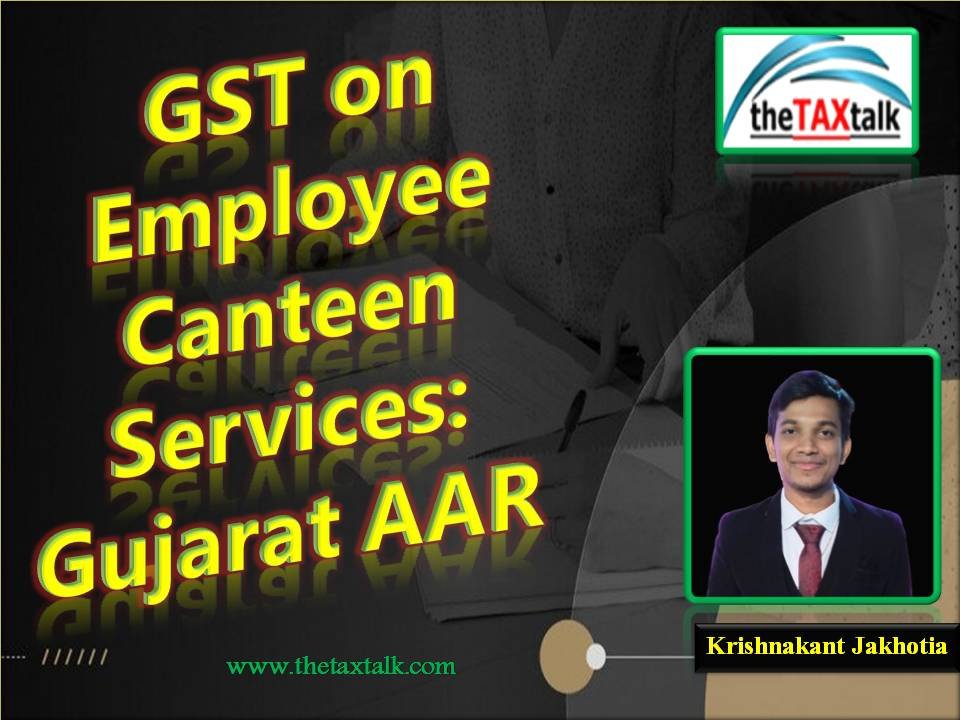A bipartisan, bicameral bill would establish a middle-income housing tax credit. Senate Finance Committee Chair Ron Wyden, (D-OR), Sen. Dan Sullivan, (R-AK), and Reps. Jimmy Panetta (D-CA) and Mike Carey, (R-OH) introduced the “Workforce Housing Tax Credit Act” yesterday. It would provide a tax credit for developers of middle-income housing to finance the construction of an estimated 344,000 affordable rental homes. To qualify for the credit, at least 60 percent of a building’s units must be occupied by individuals with incomes at or below the local median, where rental rates are restricted to 30 percent of the renter’s income.
California’s revenue shortfall is worse than expected. The next fiscal year could be marked by a $68 billion deficit as California’s income tax revenue continues to fall. California’s Legislative Analyst’s Office reported yesterday that high interest rates, dwindling home sales, and smaller investments by California businesses have exacerbated the state’s fiscal problems. Moreover, the most populous state in the union relies heavily on its wealthiest residents, notes Bloomberg. Its economy—the fifth largest in the world—is sensitive to economic booms and busts. After the dot-com bubble burst two decades ago, income tax revenues fell nearly 30 percent.
IRS requests applications for 2024 ETAAC membership. Applicants for nomination to the Electronic Tax Administration Advisory Committee (ETAAC) will be accepted through Jan. 31, 2024. The committee hosts public discussions of issues including identity theft and refund fraud and paperless filing. ETAAC members work closely with the Security Summit, a joint effort of the IRS, state tax administrators, and private-sector tax partners to fight electronic fraud and tax-related identity theft. Membership requires a three-year term beginning in September 2024.
Eat, drink, be merry, pay more taxes… The World Health Organization released new data this week showing a low global rate of taxation of alcohol and sugar-sweetened beverages. A recent Gallup poll completed in collaboration with the WHO and Bloomberg Philanthropies found a majority of people surveyed support increasing taxes on these unhealthy products.
For the latest tax news, subscribe to the Tax Policy Center’s Daily Deduction. Sign up here to have it delivered to your inbox weekdays at 8:00 am (Mondays only when Congress is in recess). We welcome tips on new research or other news. Email Renu Zaretsky at [email protected].




